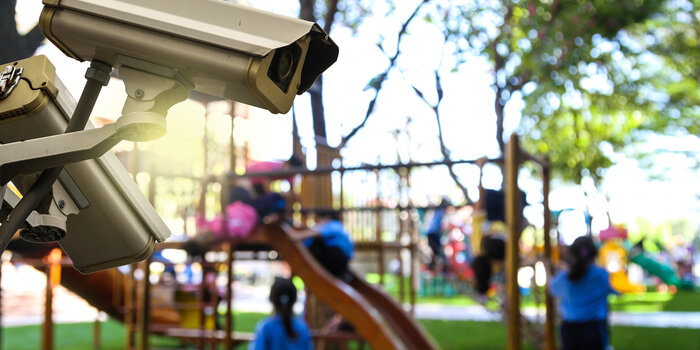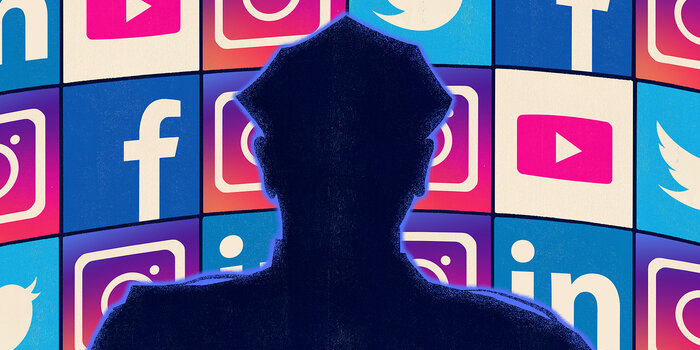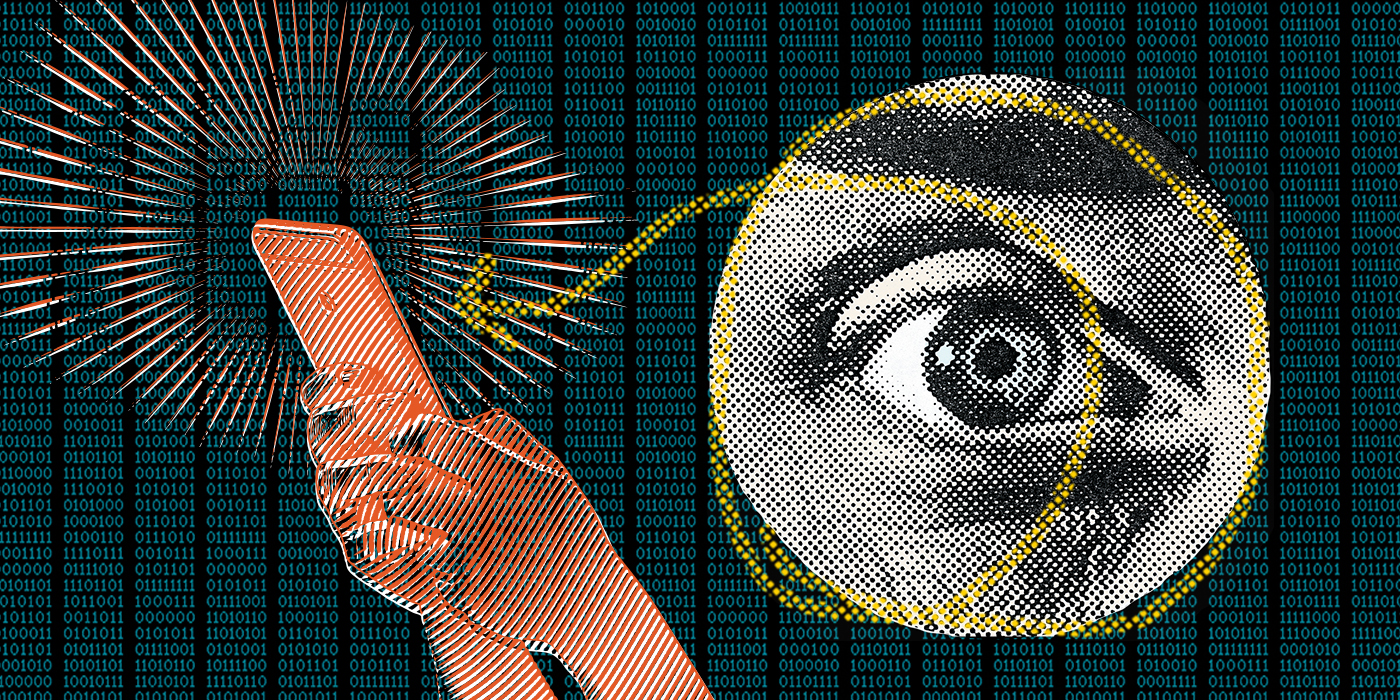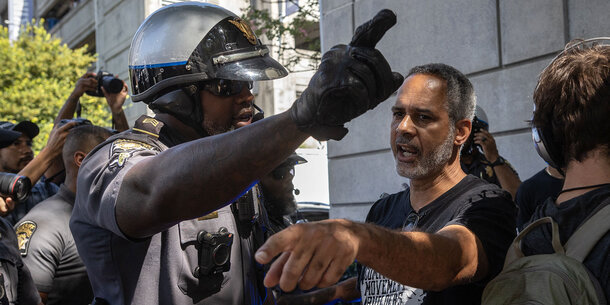Federal and local authorities increasingly monitor social media, even though there is scant evidence that surveillance is useful in identifying security threats. Under a new rule, which stems from President Trump’s Muslim ban, the nearly 15 million people who apply for visas each year must turn over their social media handles to the U.S. government. Posts, comments, and tweets can be kept in government databases for up to 100 years.
Local police departments also use social media as a surveillance tool, including to monitor activists from movements like Black Lives Matter and the protestors at Standing Rock. School districts, too, are turning to monitoring services as they grapple with how to prevent school shootings and cyberbullying.
The surveillance of social media is particularly pernicious because it can reveal intimate details of our personal and political lives, from whether we pray at mosques or synagogues to whether we are supporters of Planned Parenthood or the NRA. Moreover, as the Supreme Court has said, social media is the primary way through which many people “speak and listen in the modern public square” and explore “the vast realms of human thought and knowledge.” But social media content is often difficult to interpret, as it incorporates slang, jokes, shorthand, and cultural references. The government’s own pilot programs in immigration vetting show that it has not been useful in identifying risks.
The Brennan Center for Justice has conducted extensive research to document the surveillance of social media by the departments of Homeland Security and State, local law enforcement agencies, and school districts. But much is still unknown about how these tools are deployed. Lawmakers must demand greater transparency about programs and the incorporation of safeguards and they should exercise vigorous oversight to ensure that these programs are effective and not abused.
Finally, given social media’s central role in contemporary discourse, efforts by social media platforms to find and remove certain types of posts — from fake news to hate speech — can sweep too broadly and result in secretly censored online spaces. We advocate for policies and practices that are attentive to free speech values and which incorporate transparent and accountable mechanisms for moderating speech on social media.











